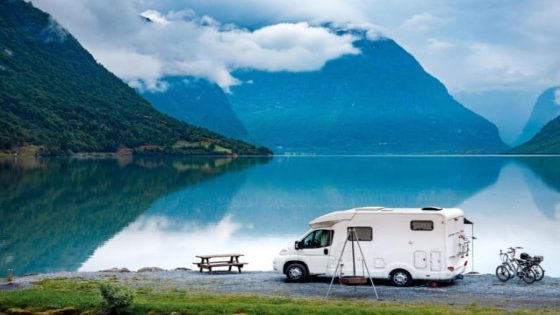The Norwegian government has introduced a new tourist tax aimed at easing pressure on popular travel destinations. Starting in 2025, municipalities in heavily visited areas can impose a 3% tax on overnight stays in hotels and vacation rentals like Airbnb. This move, approved by the Norwegian parliament on 2025-06-05 19:12:00, also extends to cruise ships docking in these regions.
- Noorse regering voert toeristentaks in
- Gemeenten mogen 3% belasting heffen
- Inkomsten gaan naar toeristische infrastructuur
- Toerisme groeit met 4,2% in 2024
- Bewoners klagen over overlast toeristen
- Hotelsector verzet zich tegen belasting
Revenue from this tax will be dedicated to improving tourist infrastructure, such as public toilets and parking facilities, to better manage the influx of visitors. Norway’s stunning fjords and the Lofoten Islands continue to attract millions, with nearly 38.6 million overnight stays recorded in 2024, including over 12 million by international tourists—a 4.2% increase from the previous year.
But how will this new tax affect Belgium’s travelers planning to visit Norway? And can such measures effectively balance tourism growth with local residents’ quality of life? Let’s explore what this means for Belgian tourists and the destinations they love.
Is this tourist tax a fair solution or an added burden for travelers? While the tax aims to support local communities, it raises important questions:
- Will the additional cost deter Belgian tourists from visiting Norway’s top sites?
- Can the funds effectively improve infrastructure without harming the tourism industry?
- How will local authorities ensure transparency and proper use of tax revenue?
Norwegian municipalities must prove their infrastructure is overstretched and get approval from the central government before applying the tax. The hotel sector has voiced opposition, concerned about potential impacts on bookings.
As Norway takes steps to protect its natural treasures, Belgian travelers should stay informed and consider how their visits can support sustainable tourism. Will other countries follow suit? Only time will tell, but for now, planning ahead is key.
































